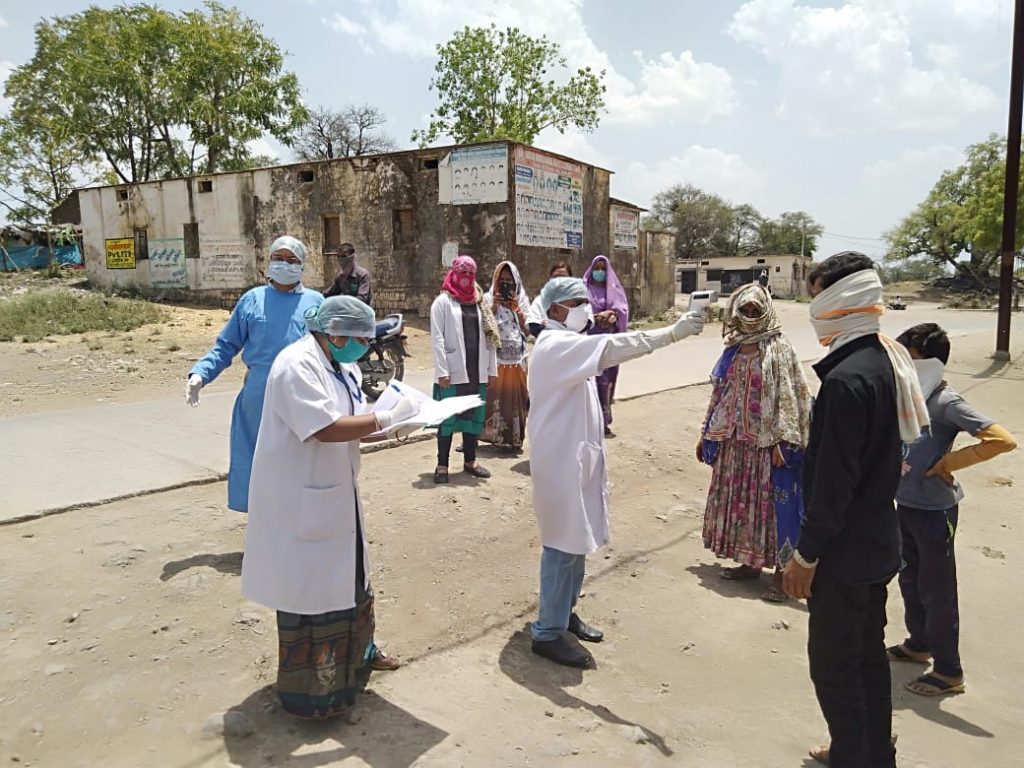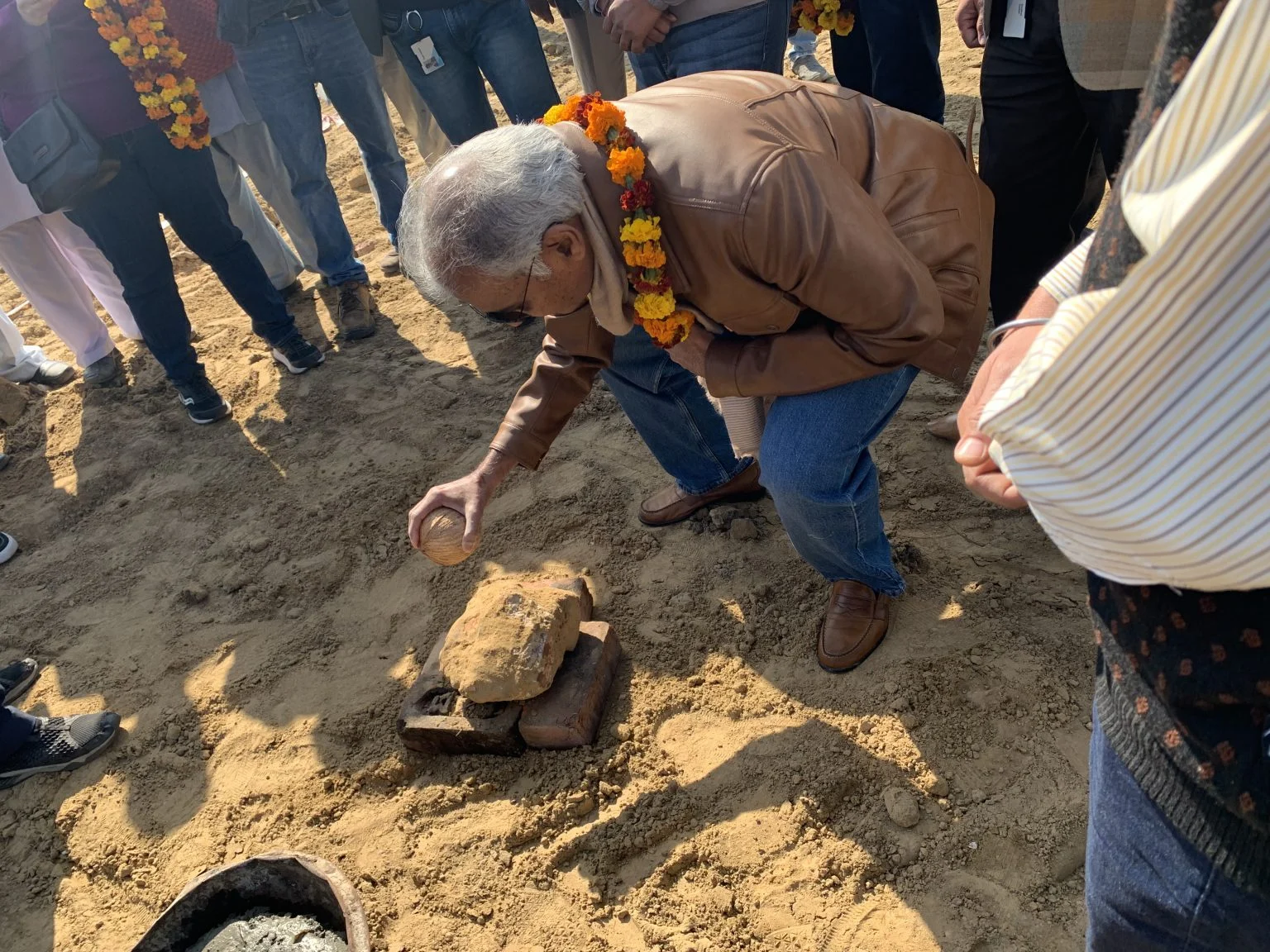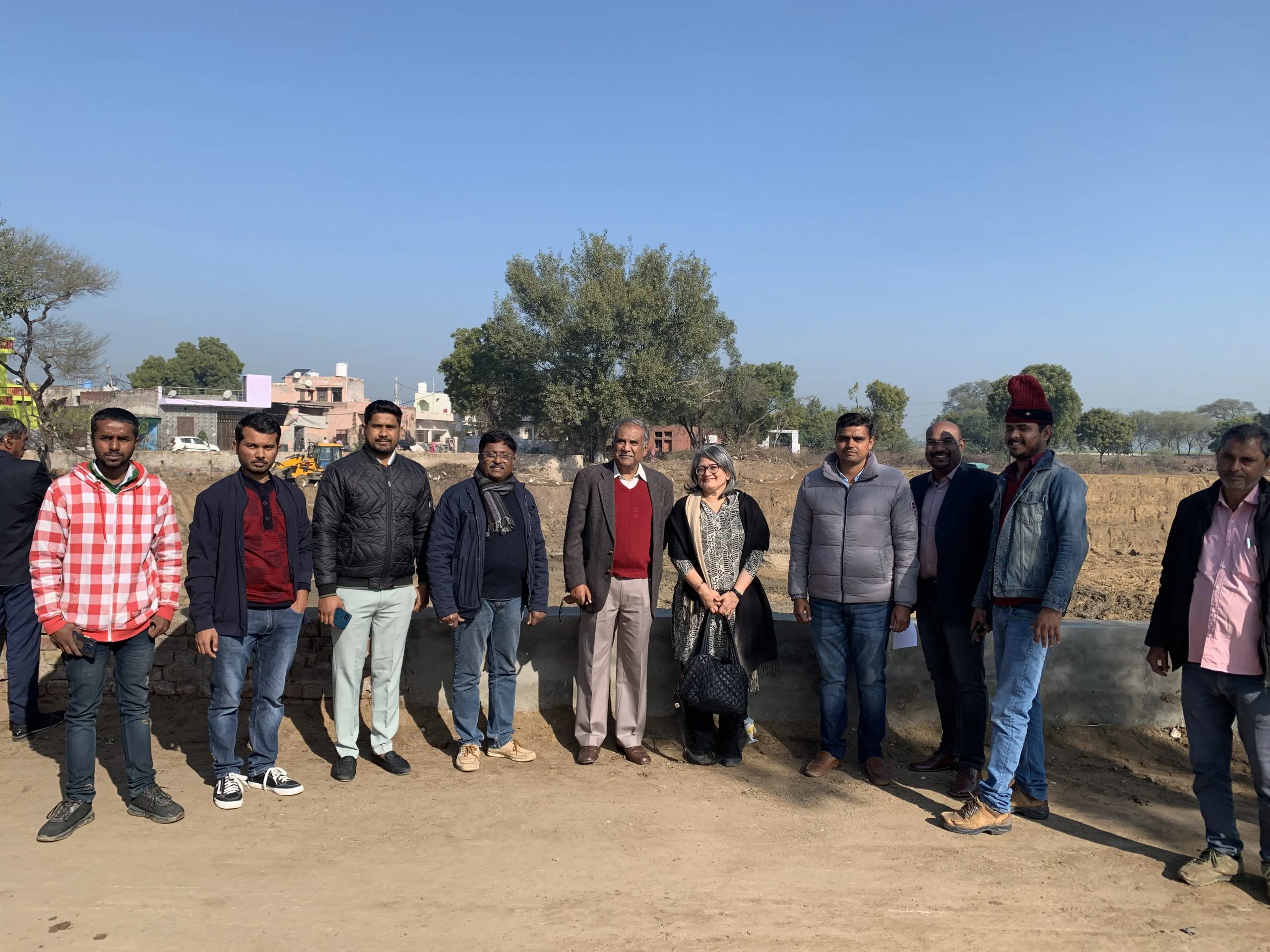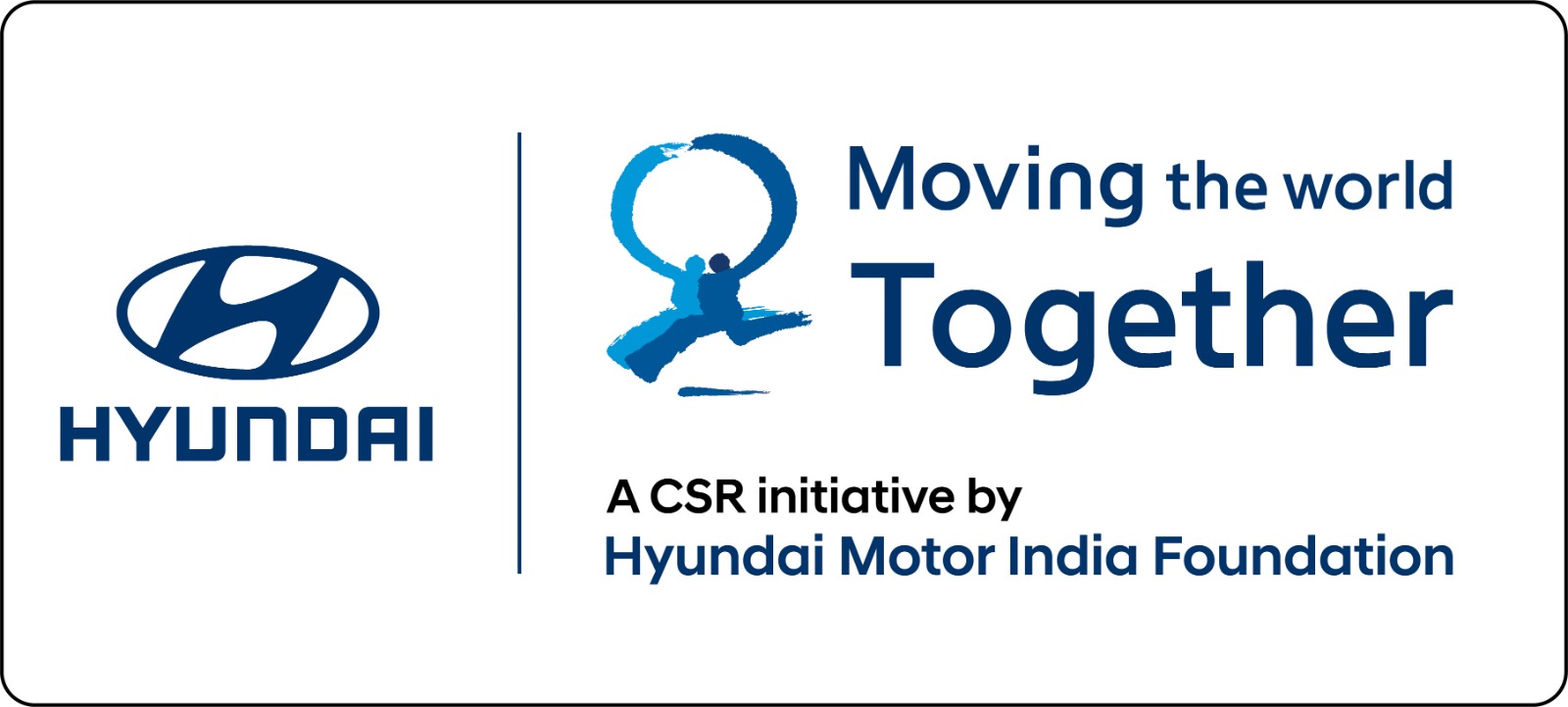Author: Deepak Gupta
India’s rapid march towards becoming a 5 trillion $ economy might soon become a reality. However, Bharat continues to deal with problems related to human development which we must not ignore. During my short visit to village Mehchana in Farrukh Nagar block of Gurugram district of Haryana on 3rd February 2023, only about 50 kms away from the national capital, with a population of about 5000, brought me face-to-face with the ground reality and the distress still prevalent despite the promise of the growing economy and the state being quite prosperous.
This visit was organized by CAF India who are implementing a pond rejuvenation project with Sir Syed Trust (SST) as partner, and Rio Tinto India Private Limited as donor. I thought this would be a routine visit but it turned out to be quite an eye –opener.


I came to know that this village, along with many other adjoining villages, in the two blocks of Farrukh Nagar and Pataudi have been suffering from brackish water for years, which makes it unfit for drinking. But there has been no solution to this problem, even though a possible one, at least to some degree, seemed to be staring in the face. Mr. Pradeep Kumar, the Sarpanch, informed us that a few years ago a company installed a RO which ensured two-three glasses of water for each person in the household daily. Since this did not meet basic requirements, the women have to trudge miles to access drinking water.
Over the years a thick mineral layer has formed on the top-soil which prevents water percolation from the fields leading to its accumulation and preventing sufficient underground water table recharge. Whatever little does get recharged is not completely fit for drinking. Thus, wells/boring supply less fresh water for household usage. Meanwhile, the ponds have got mostly filled up, retaining only some brackish water.
This project aims to deepen and broaden the pond-bed leading to substantial increase in its capacity. There is a large catchment area from which the accumulated water will slowly flow into the pond. Shafts in the pond will enable the water to percolate underground and spread. Drinkable water will then come up though the boring. I wondered why this simple work could not have been done much earlier even as the pond silted and became progressively useless over time.
Surprisingly, the problem seems to be not restricted to just Mehchana village and one pond, but spreads across 40-50 villages in these two blocks which also had similar ponds. Sarpanches from neighbouring villages visited us during the project launch event, and having seen the work, urged for similar work to be undertaken in their villages as well. Meanwhile, the villagers of Mehchana were thrilled and one could sense their happiness.
India is facing a water emergency, both in terms of water retention as well as its quality. This is not the place to write about it. There is some realization of it as evidenced by many water progarammes started by the government. But the need and the task ahead is huge. It demands quick action in real time. The focus is on retention of ground and underground water, which is understandable, but quality does not seem to be a big priority. It is therefore quite obvious that efforts in this direction would have to be substantially supplemented by private charitable efforts, whether here or elsewhere.
OneStage will try its utmost to bring in other organizations to support this cause, and to start with in this location. A couple of million dollars within 1-2 years can benefit 2-3 lakh people to get sufficient drinking water in these two blocks of Gurugram district. Let us hope that there will be willingness to generously donate.
Search
Categories
Recent Posts
- A brief visit to a project site in Gurugram
- How was OneStage born?
- ‘The plight of people moved me, and the heroic efforts of frontline workers inspired me to support COVID Relief work’
- 7 ways to take care of your Mental Health during the pandemic
- 5 things you must keep in mind before forwarding information on COVID












.png)

.png)

